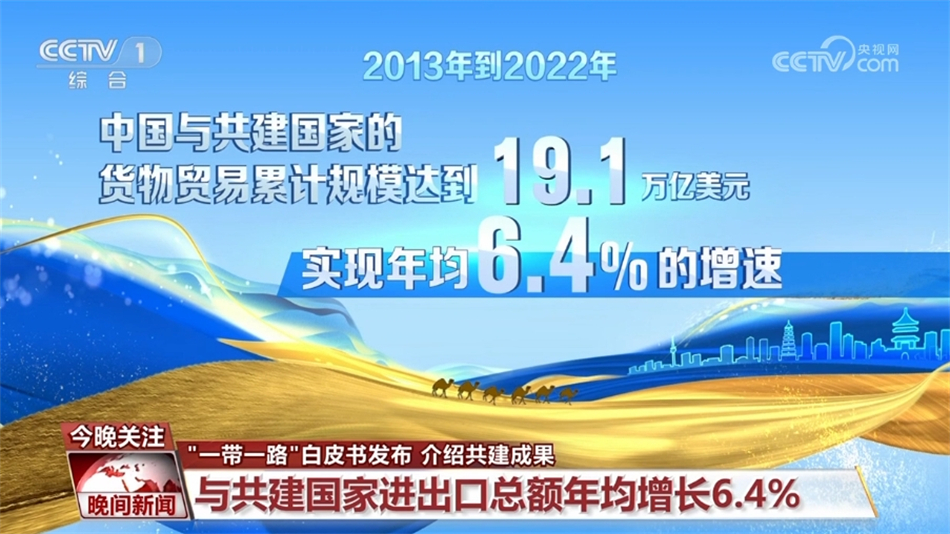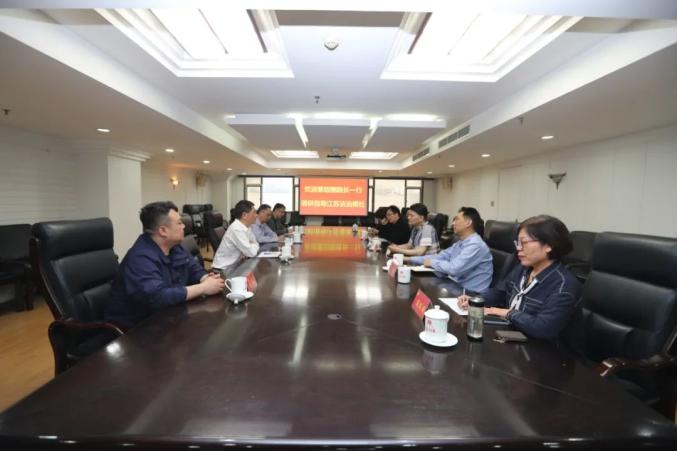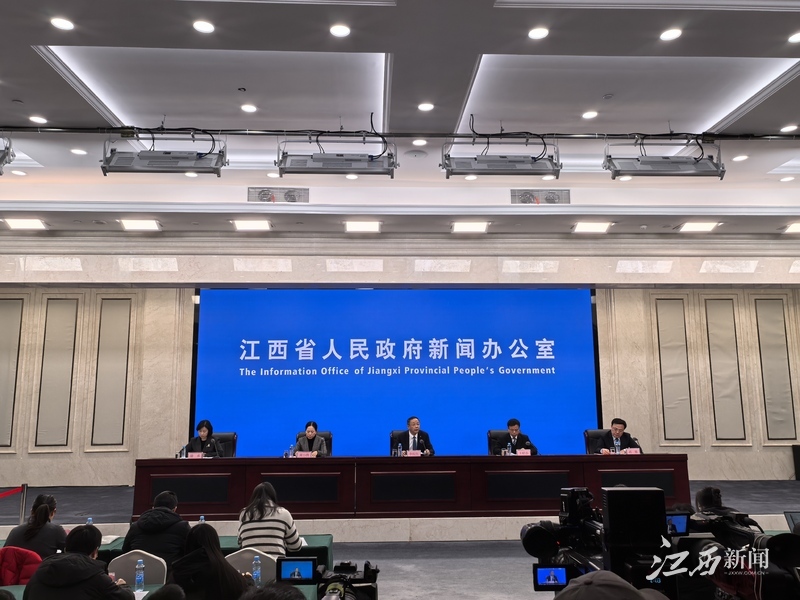The Biggest Mistakes Of The EU, India, Iran And Japan Are: Underestimating The United States And Misjudging China
The Biggest Mistakes Of The EU, India, Iran And Japan Are: Underestimating The United States And Misjudging China
The EU underestimated the resilience of China's economy - the trade war failed to force China to make concessions, but instead made China's electric vehicles and photovoltaic products soar in the European market. Now they are gradually adjusting their strategies: EU launches a global portal plan to hedge the Belt and Road Initiative in 2024
The international situation is changing today, and major countries such as the EU, India, Iran and Japan always seem to be half a beat slow when dealing with the United States. Looking back on history, during the Cold War, the United States was willing to spare no effort to support its allies to fight against the Soviet Union. Japan received support for the US economic reconstruction after the war, and South Korea, Vietnam and other places also received a large amount of US aid.
Times have changed, and now the generosity of the United States has long ceased to exist. Since Trump imposed tariffs on EU steel and aluminum products in 2018, the trade dispute between the two sides has continued to escalate. The EU was forced to take countermeasures, which led to a deadlock in cross-strait economic and trade relations on the Atlantic.

The EU has tried to get along well between China and Russia. When the Nord Stream natural gas pipeline project is in full swing in 2021, Russia adopted the euro to settle energy trade, which once helped the euro to surpass the US dollar in international payments. But the United States quickly adjusted its strategy and immediately turned its finger to Europe after ending its Afghan garrison. After the outbreak of the Russian-Ukrainian conflict in 2022, the EU's energy layout was completely disrupted.

The energy crisis has caused natural gas prices to soar, Europe's manufacturing capacity has shrunk significantly, and people's livelihood expenditures have been rising steadily. It is not difficult to see the role of the United States in driving force behind this. The EU originally wanted to continue the fence-bearing strategy during the Cold War, but underestimated Washington's determination and eventually suffered.

The situation in India is exactly the same. After the Sino-Indian border conflict in 2020, New Delhi accelerated its move towards the United States, and military purchase orders surged. In 2023, the United States and India signed an in-depth defense cooperation agreement. However, after Trump won the election in 2024, he immediately threatened to increase taxes on India, pointing out his fingers to his purchase of Russian oil.

As an export-oriented economy, Indian pharmaceutical and IT services rely heavily on the U.S. market. If tariffs are implemented, its GDP growth rate is expected to decline by 1 percentage point in 2025. Iran has always overestimated its geopolitical value. After the United States withdrew from the nuclear agreement in 2018, its nuclear facilities were frequently attacked. When Israel attacks Iranian targets in 2024, the US's secret support is obvious.

Tehran originally expected China to provide help, but Beijing insisted on solving the problem through dialogue. After waiting for large-scale aid to fail, Iran's economy continued to deteriorate amid sanctions, inflation soared, and oil exports were blocked. Japan is a typical case. It has been suppressed by the United States since the late Cold War - the 1985 Square Agreement forced the yen to appreciate and directly pierce the economic bubble.

In recent years, Japan has cooperated with the United States to block China's chips and joined the Sifang Chip Alliance in 2023. But in a blink of an eye, the United States imposed tariffs on Japanese cars, making its manufacturing industry worse. All these countries misjudged the reality that the United States has changed from a generous leader to a U.S. priority.

Their deviation from China's perception is that they do not understand China's refusal to the Cold War mentality. Since the century-long change was proposed in 2017, China has clearly opposed the confrontation of the camp. The EU had hoped that the China-EU Comprehensive Investment Agreement would bring dividends, but in 2021, the freeze of approval under pressure from the United States, missed the opportunity.

China is accelerating the construction of a dual circulation pattern, and the proportion of high-end manufacturing exports has exceeded 60% in 2023. The EU underestimated the resilience of China's economy - the trade war failed to force China to make concessions, but instead made China's electric vehicles and photovoltaic products soar in the European market.

India banned Chinese APPs in 2020 to achieve technological independence, but local alternatives are weak. By 2024, Chinese mobile phone brands will still dominate the Indian market. New Delhi expects the United States to check and balance China, but benefits from the BRICS local currency settlement mechanism promoted by China.

Iran mistakenly believes that China will provide large-scale aid like the Soviet Union. But after promoting the 2023 Shai reconciliation, China has always insisted on a political solution to the nuclear issue. When the Israeli-Iran conflict escalates in 2024, China remains neutral and refuses to get involved in the proxy war.

Japan is also in trouble: its trade volume with China exceeded US$300 billion in 2022, but it followed the US restrictions on China in the semiconductor field, resulting in a shrinking domestic chip production capacity, and it is expected that the losses will reach tens of billions in 2025. The mutual benefit and win-win advocated by China is in sharp contrast with Japan's practice of tied to the American chariot.

These countries use Cold War filters to examine China, and naturally it is difficult for them to understand the true meaning of China's path of peaceful development. Now they are gradually adjusting their strategies: the EU launches a global portal plan in 2024 to hedge against the Belt and Road Initiative, but lacks execution; India promotes South-South cooperation by hosting the G20; Iran strengthens independent industrial construction; Japan seeks economic cooperation with China while increasing military spending.

China has always adhered to an open attitude and emphasized the rules-based international order in the Sino-US game. All countries will eventually understand: the United States is no longer a reliable protective umbrella, and China is no imaginary enemy. The future victory or defeat of international relations depends on who can provide mutually beneficial and win-win development opportunities.






